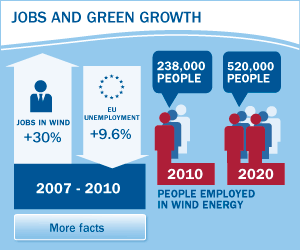Coal’s hidden health costs: 40 billion euros a year
Coal-fired power stations cost the European Union up to €42.8 billion a year in health costs associated with coal-fired power stations, a new report says.
The study — ‘The Unpaid Health Bill: How coal power plants make us sick’ — also found that EU-wide impacts amount to more than 18,200 premature deaths, about 8,500 new cases of chronic bronchitis, and over four million lost working days each year.
Published by the Health and Environment Alliance (HEAL), the study said the figures for mortality increase to 23,300 premature deaths, or 250,600 life years lost, while the total costs are up to €54.7 billion annually when emissions from coal power plants in Croatia, Serbia and Turkey are included.
The use of coal in power generation in Europe is on the rise again and that there are about 50 new coal power plants currently in the pipeline, said the study.
“But the continued reliance on coal comes with a price that decision makers are hardly aware of: the unpaid health bill,” the report notes. “This health bill is paid by individuals, national health care budgets, and by the economy at large due to productivity losses.”
The study added that coal power generation is also a major contributor to climate change. “Coal is the most carbon-intensive energy source in the EU, contributing approximately 20% of total greenhouse gas emissions.”
Building new coal power plants would work against efforts to tackle chronic disease, the study said, while creating substantial costs for public health and locking in hazardous emissions for decades.
“The external costs to health from coal power generation have been missing from the debate on the future of Europe’s energy mix. These costs should be taken into consideration in all future energy investment decisions. Conversely, claims that domestic coal represents a cheap energy source need to be urgently revised.”
The study, which has been widely reported in the media, added that the EU is promoting safer and healthier electricity generation capacity through massive investments in renewable energy sources.
“In 2011 for example, 71% of newly installed capacity in the EU was renewables-based. This demonstrates that new coal is no longer necessary for electricity supply anywhere in Europe as other options become more viable. Not one of the new coal plants proposed in Europe is needed to keep the lights on and indeed phasing out coal in power generation by 2040 is a realistic goal.”







